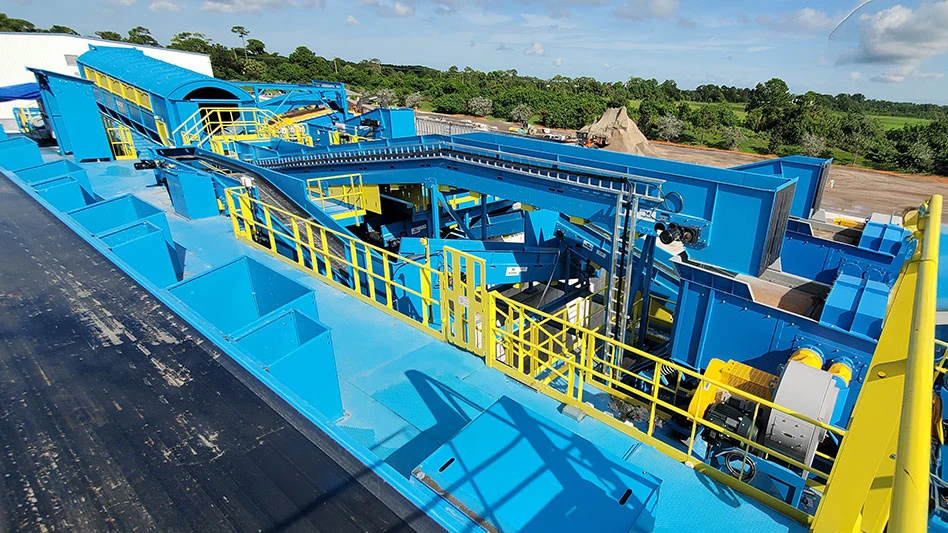
Photo courtesy of DS Smith.
The Brussels-based European Federation of Corrugated Board Manufacturers (FEFCO) says three recent reports have “scientifically proven that reuse should be considered on a case-by-case basis, as it is not always the best environmental option.”
The group adds, “A peer-reviewed study shows that reusable packaging has a stronger [negative] impact on climate than recyclable corrugated.”
Three studies released by FEFCO were conducted by consultancy Ramboll and Finland-based research institute VTT. The studies evaluate the impact of recyclable corrugated board packaging compared to reusable plastic packaging and revealed a series of important conclusions, FEFCO says.
A peer-reviewed comparative life-cycle assessment compares the environmental impact of corrugated cardboard boxes and plastic crates when transporting produce over average distances in Europe. Key findings, extracted by FEFCO, show the corrugated board system is more beneficial in 10 out of 15 impact categories, including climate change and total resource use including fossil fuels, says the group.
A break-even analysis shows plastic crates would need to reach a minimum of 63 rotations to outperform corrugated boxes in the climate change impact category, FEFCO says. According to at least one life-cycle analysis, however, the average reuse rate of plastic reusable crates is only 24 rotations.
“Based on evidence, it is critical to consider that expressing a clear preference for reusable versus recyclable packaging is a narrow-minded approach,” says Eleni Despotou, FEFCO director general. “Legislative proposals must ensure that any packaging placed on the EU market is ‘fit for purpose,’ environmentally friendly, fulfils its functionality and prevents unnecessary waste which is the ultimate objective of policymakers,” she adds.
FEFCO concludes, “A well-functioning circular economy requires efficient and environmentally friendly circulation of materials where both reuse and recycled packaging have their role to play. However, a robust understanding of their impacts is needed. Therefore, policies must encourage sustainable packaging solutions that truly contribute to waste prevention. Using a blend of properly deployed lifecycle assessments will prevent unintended consequences for our environment and climate while allowing business to innovate and meet their commitments.”
Latest from Recycling Today
- Greenwave raises revenue but loses money in Q2 2025
- Recycled steel prices hold steady
- EY says India’s need for scrap imports will continue
- Coming full circle
- Amcor, DCM introduce fertilizer packaging with 35 percent recycled content
- Comstock Metals gets closer to commissioning commercial-scale solar panel recycling facility
- Washington selects Circular Action Alliance as PRO
- Smurfit Westrock expands in Latin America





